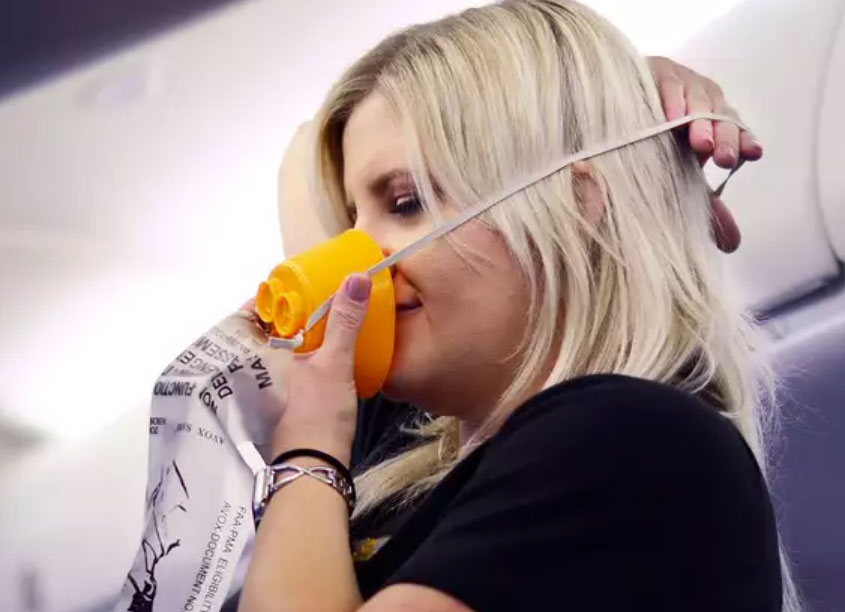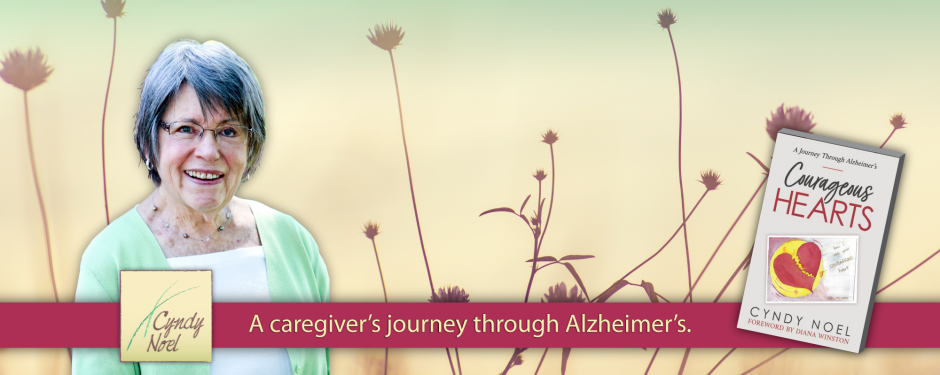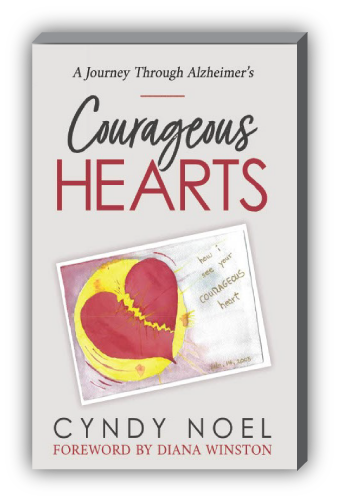One of the things I heard over and over in the classes I took at the Alzheimer’s Association was about the importance of taking care of ourselves, as caregivers. The analogy was made using the example of preparing for take-off when travelling by air with someone who we will have to help should a problem arise. In that instance, we are repeatedly told by the flight attendants to put our own oxygen mask on first before trying to help others.

That relates when we are caring for someone who has Alzheimer’s as well. Though we’re not flying and don’t literally need an oxygen mask, we need to find ways to take care of ourselves so we can be there for them. As it states on their website, the Alzheimer’s Association notes,
The best thing you can do for the person you are caring for is stay physically and emotionally strong.
As a caregiver, if we were to let ourselves become depleted of energy or patience, we would be ineffective in providing care. Worse yet, that could have a profound effect on our own health. In addition, I noticed that Ron could sense when I was stressed and he was more agitated when that occurred.
Caring for ourselves is different for each of us. I was glad to have daycare programs so I could have time for lunch with friends or just run errands. One of the gentlemen I knew, would go home and work in his wood shop while his wife was at daycare. Some folks hire a person from an agency to watch their loved one at home, either while they are there or when they are away. I was lucky to have family members who could help with that, in addition to others. When I needed a longer break just to have some alone time or to go out of town, I made arrangements for Ron to go to “respite care,” where he stayed at a memory care facility for a week or two.
I attended a monthly support group for caregivers that was offered by the Alzheimer’s Association. I found that very helpful, as it provided a place where we could talk amongst other caregivers to share our ideas and experiences. No one else would have been able to relate to some of the things that we discussed! In addition, the Alzheimer’s Association offered classes that I attended in order to learn more about the disease and even reading their articles at alz.org, helped me navigate the journey more easily.
There are many other ways to take care of ourselves. When I saw things I was doing around the house that could have been done by others, I hired someone to help with household chores and cut the lawn. Nowadays, we can even hire someone to do our grocery shopping and have it delivered. At times, having premade meals delivered may be helpful. Whatever we choose, it’s important to modify the food for our loved one if necessary, based on their ability to chew, swallow, etc., even when we are the cook.
And finally, one of the utmost things to consider as a caregiver, is to respect our own desires and ability to care for our loved one. We may have our own physical limitations or we may not be emotionally cut out for the role. It’s important to recognize and honor those things. Everyone is different.
Of course, everyone’s financial situation is different as well. That must be factored in when considering care. In Courageous Hearts, Appendix 2, relates to issues to consider and resources available in obtaining long-term care.
And finally, I found the quote from Mark Coleman, that I noted in the Introduction of my book, very descriptive of my journey as a caregiver.
It is so often the hard places that encourage us to grow and find the strengths, tenacity, and gifts we may have believed we never had.

